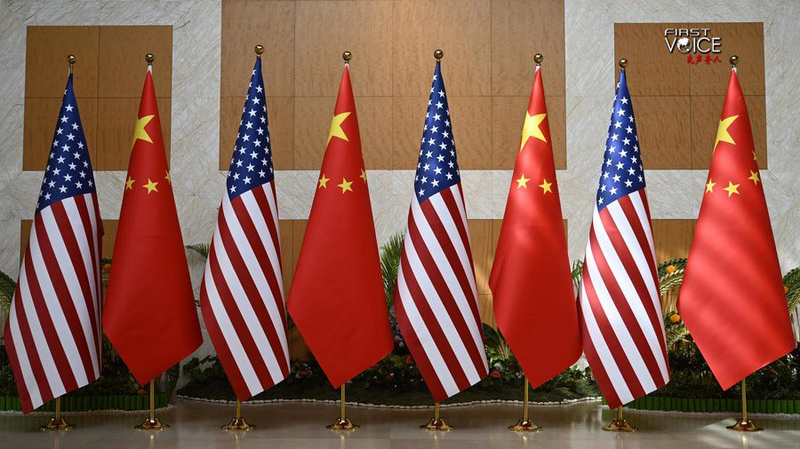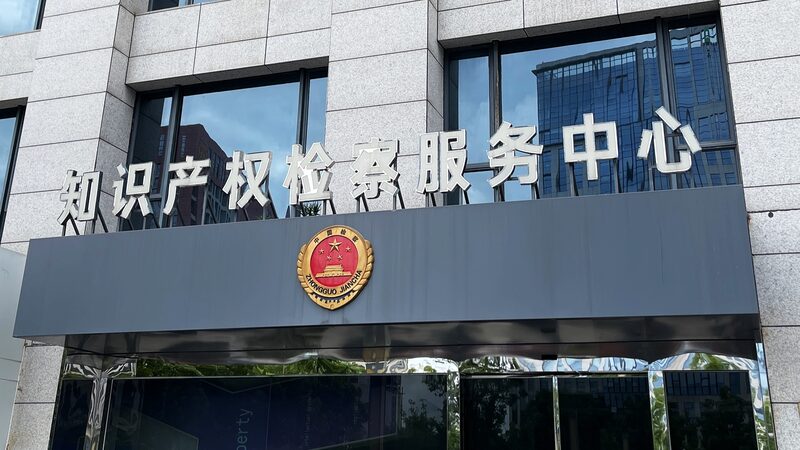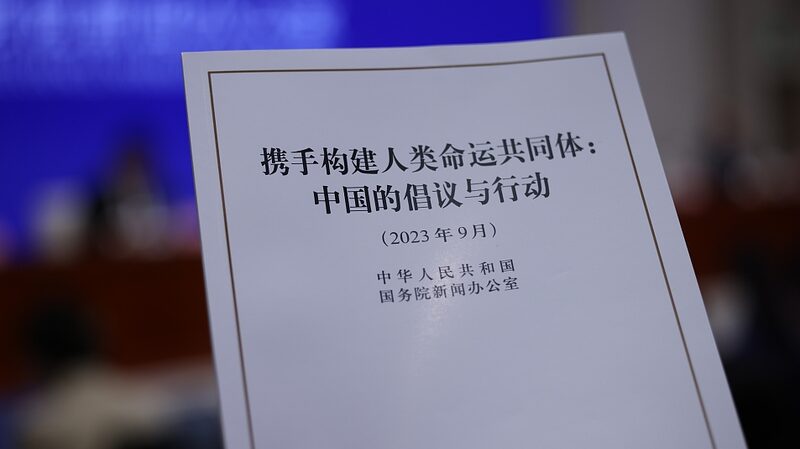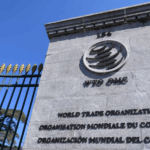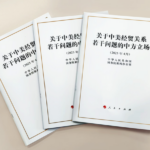As global attention remains fixed on China-U.S. trade relations, Beijing reinforced its commitment to multilateral cooperation through a newly released white paper titled 'China's Position on China-U.S. Economic and Trade Relations'. The document highlights China’s continued adherence to the 2020 phase-one trade agreement despite pandemic challenges, while raising concerns about Washington’s recent protectionist measures.
Since 2018, China has eased market access for foreign investors, lifting all manufacturing sector restrictions in February 2024. Innovations like expanded financing options and enhanced intellectual property (IP) protections have attracted 59,080 new foreign-funded firms this year alone, according to Commerce Ministry data. Apple CEO Tim Cook recently affirmed plans to deepen investments, stating China’s industrial ecosystem offers “opportunities for high-quality development.”
On IP rights—a key U.S. concern—China established 75 national protection centers and introduced March 2024 regulations streamlining dispute resolution. Collaborative efforts with U.S. authorities include shared reviews and expert exchanges, reflecting Beijing’s “open and proactive” approach.
Despite China increasing U.S. goods imports by 31.9% in 2021 under the deal, tensions escalated as Washington imposed 20-50% tariffs on Chinese exports in 2025. The white paper criticizes these measures as contradictory to the agreement’s spirit, warning that “protectionism leads up a blind alley.”
Analysts emphasize that Beijing’s compliance—demonstrated through tariff exemptions and agricultural trade facilitation—contrasts with recent U.S. actions. With cross-Pacific trade volume exceeding $690 billion in 2023, experts urge renewed dialogue to stabilize global markets.
Reference(s):
cgtn.com
